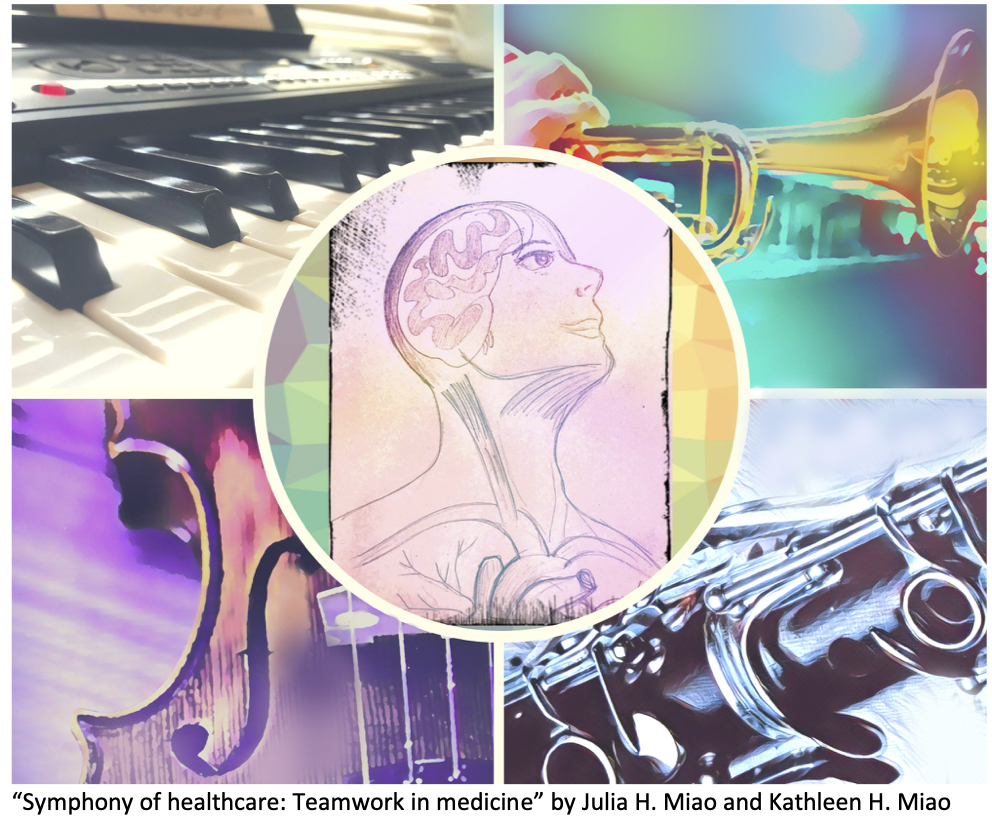Mobile medical simulation for rural anesthesia providers: A feasibility study
DOI:
https://doi.org/10.36834/cmej.69572Abstract
Introduction: Family practice anesthesia (FPA) providers are family physicians trained to deliver anesthesia care; they often practice in rural hospitals to facilitate surgical care. FPA providers in rural hospitals face challenges including professional isolation and limited opportunities for formal continuing education. To address needs identified by FPA providers, we piloted mobile medical simulation in rural Saskatchewan.
Methods: Using a logic model framework, we evaluated feasibility of a one-day interdisciplinary mobile simulation workshop for healthcare providers in a rural Saskatchewan hospital. As part of this mixed methods pilot study, we interviewed stakeholders to explore their perceptions of human and financial resources associated with delivering medical simulations in rural locations. Multiple simulation scenarios were utilized to train participants in clinical and professional skills. Participants completed pre- and post-workshop surveys to evaluate their experience.
Results: Financial and human resources included cost of renting, transportation of mannequins, and the time required to create the scenarios. Participants (n = 10) reported improved knowledge and found the experience valuable. The session prompted participants to reflect on their deficiencies in certain clinical procedures/skills and highlight learning strategies to address the gap.
Discussion: Mobile medical simulation brought continuing medical education (CME) to health professionals in a rural location, but the program was expensive. Our logic model may inform educators and administrators considering mobile medical simulation for physicians in rural areas when balancing resource allocation and the organization’s commitment to CME for rural physicians.
Downloads
Published
Issue
Section
License
Submission of an original manuscript to the Canadian Medical Education Journal will be taken to mean that it represents original work not previously published, that it is not being considered elsewhere for publication. If accepted for publication, it will be published online and it will not be published elsewhere in the same form, for commercial purposes, in any language, without the consent of the publisher.
Authors who publish in the Canadian Medical Education Journal agree to release their articles under the Creative Commons Attribution-Noncommercial-No Derivative Works 4.0 Canada Licence. This licence allows anyone to copy and distribute the article for non-commercial purposes provided that appropriate attribution is given. For details of the rights an author grants users of their work, please see the licence summary and the full licence.











